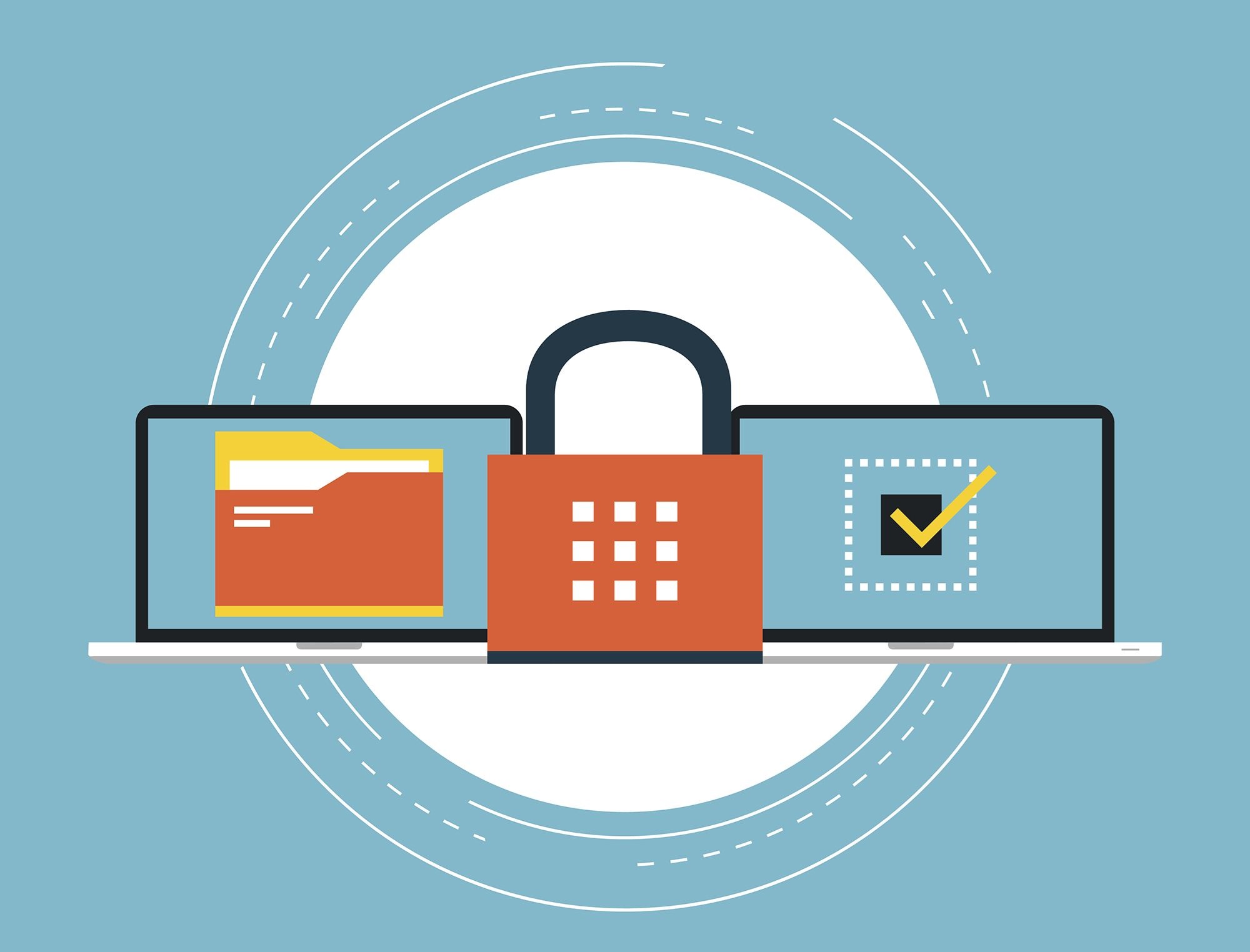
With the rise of remote work and cloud-based systems, companies must understand the risks associated with unsecured file-sharing services. Unsecured file sharing poses significant dangers to businesses of all sizes and industries. It leads to data breaches, intellectual property theft, and non-compliance with industry regulations.
Uncontrolled information sharing
Unsecured file-sharing services often need proper access controls and user permissions. This results in uncontrolled information sharing, where sensitive data falls into the wrong hands, either accidentally or intentionally. Adequate access controls make restricting who views, edits, or shares specific files more accessible. Employees may inadvertently share confidential information with unauthorized individuals or external parties. This could lead to data leaks, where sensitive information becomes public or falls into the hands of competitors. Unsecured file-sharing services may need to provide adequate audit trails or activity logs. This makes it challenging to track who has accessed or modified files, further complicating the task of ensuring data security and privacy.
Malware and virus infections
Unsecured file-sharing services are often a conduit for malware and virus infections. Cybercriminals may upload malicious files disguised as legitimate documents or software updates. Once downloaded and executed, these files infect an entire network, leading to data loss, system disruptions, and further security breaches. For example, a shared folder containing what appears to be a harmless document might be a Trojan horse that, once downloaded, gives an attacker remote access to the victim’s computer. Or, an infected software update might contain ransomware that encrypts all the files on a user’s computer, rendering them inaccessible until a ransom is paid.
Risks to remote workers
With the rise of remote work, employees often access company files from various locations and devices. This distributed workforce relies heavily on file-sharing services to collaborate and exchange information. However, unsecured file-sharing practices introduce additional risks for remote workers. Remote workers may be accessing company data from unsecured networks or using personal devices that lack adequate security measures. This increases the likelihood of data breaches and unauthorized access. Remote workers may inadvertently share sensitive information without proper training and awareness or fall victim to phishing attacks.
Protecting your business
- Implement a secure file-sharing solution – Invest in a secure, encrypted file-sharing platform that offers robust access controls, user permissions, and data encryption. Look for solutions that provide audit trails, remote data wiping capabilities, and integration with existing systems.
- Train your employees – Educate your employees about the risks of unsecured file sharing and the importance of data security. Provide regular training sessions and awareness campaigns to ensure they understand the potential consequences of their actions.
- Enforce strong password policies – Ensure employees use unique passwords for all accounts, including file-sharing services. Implement multi-factor authentication (MFA) whenever possible to enhance security with an additional layer of protection.
- Control access and user permissions – Restrict access to sensitive information on a need-to-know basis. Regularly review and update user permissions to ensure only authorized individuals view, edit, or share specific files or folders.
- Implement multi-layered security – Defend your business with a layered security approach. This includes firewalls, antivirus software, spam filters, and regular security assessments to identify and address potential weaknesses.
When using cloud-based file-sharing services, opt for reputable providers that offer robust security features and compliance certifications. Review their security practices and ensure they adhere to industry standards and regulations. Check notesonline.com for more info about notesonline.com.
